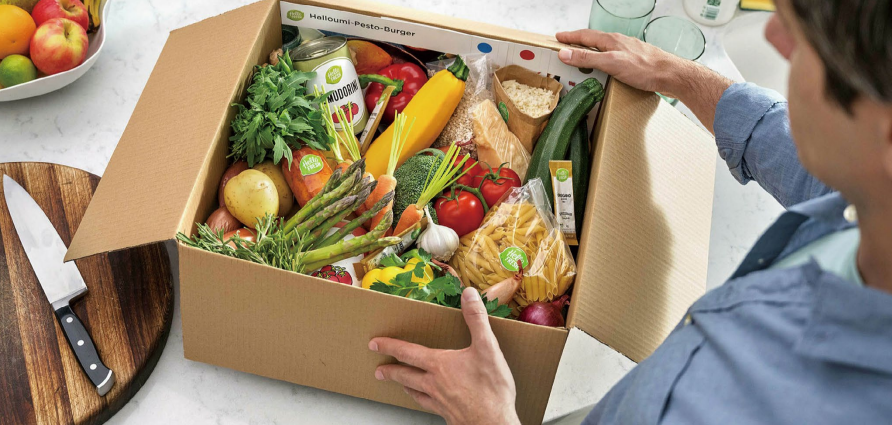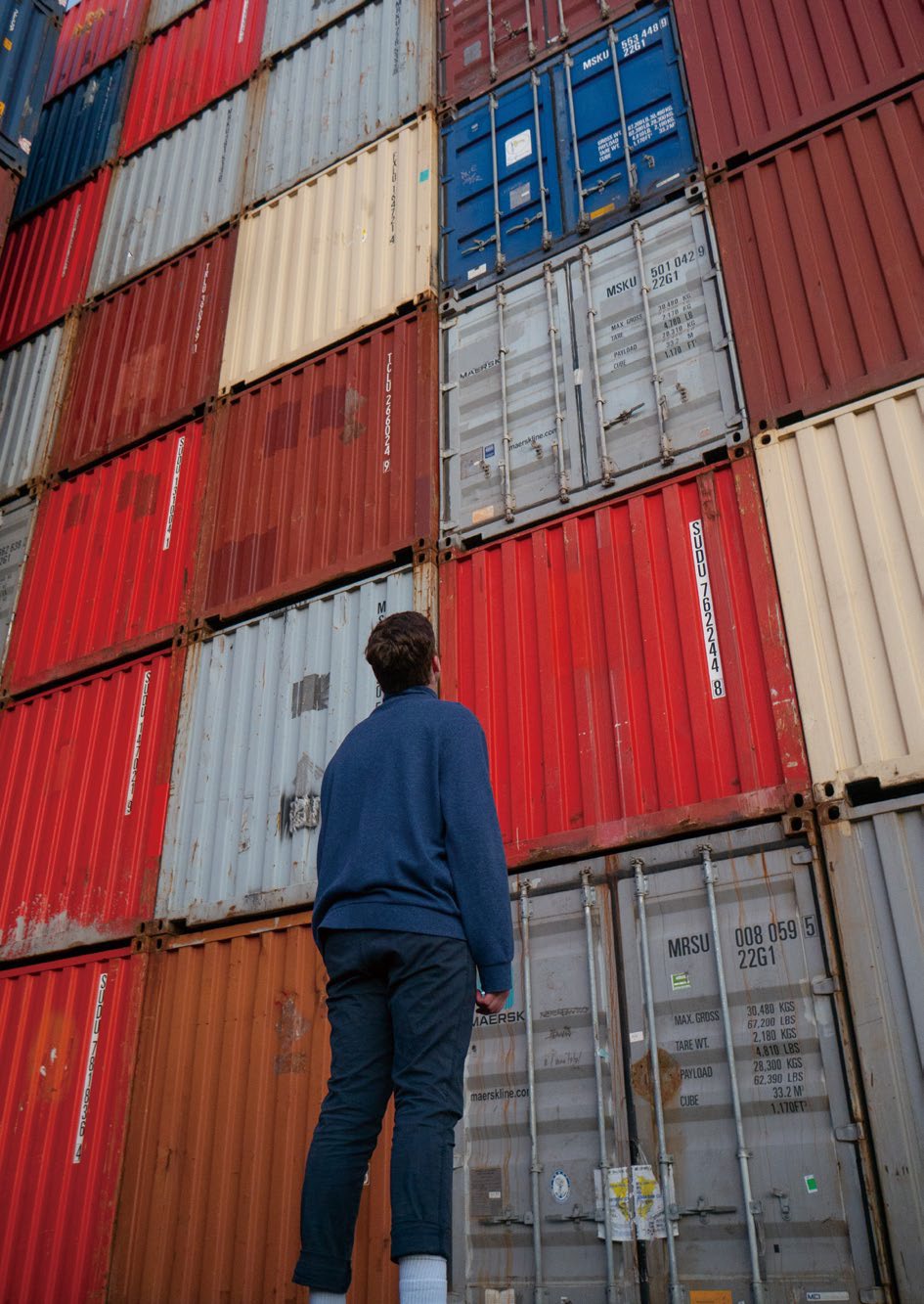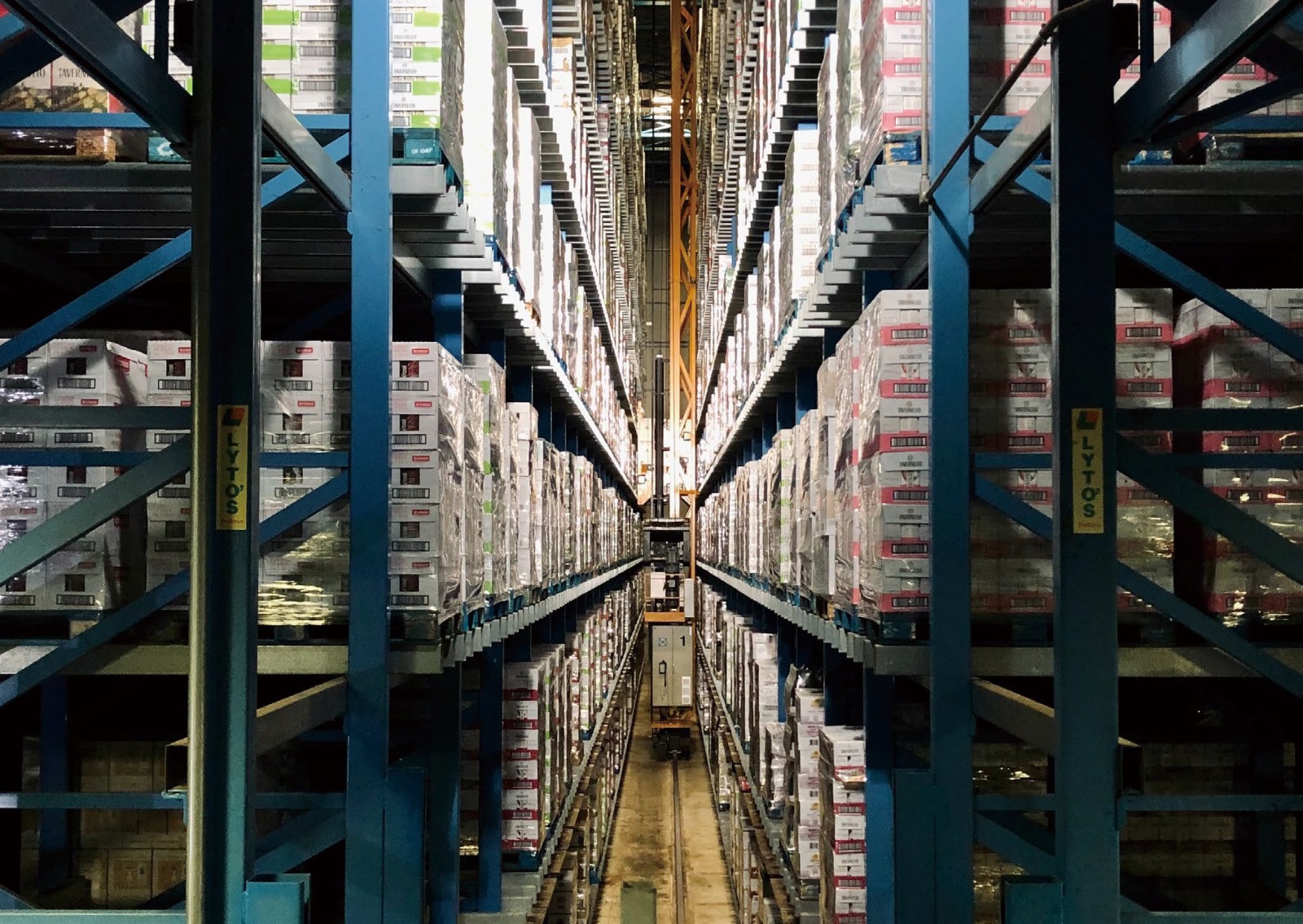OPPORTUNITIES IN THE NEW NORMAL
Spring 2021
The Covid-19 pandemic has halted the global retail and food industries. As a result, over the past year we’ve seen companies change their business models to adapt to the new normal.
DOWNLOAD WHOLE ISSUE

00
An Overview of the Impact of Covid-19 on the Industry
Covid-19 has heavily impacted the techstyle industry, prompting companies to resolve some long-standing issues in the supply chain. Since knowing the problem is the first step towards finding a solution, we should first understand how the pandemic has impacted each sector.
Read More
01
Circularity
Fueling Up a Sustainable Economy
The industry has been looking for solutions to recover from the pandemic. Perhaps a circular economy can help the industry bring about a profitable and sustainable future by reducing waste and fully utilising resources. McKinsey conducted a survey during the pandemic, which revealed that most consumers consider brand value above all when making purchasing decisions, creating a golden opportunity for the industry to transition to a circular economy.
Read More

02
How Will Digitalisation Change Our Everyday Lives After Covid-19?
The lockdown rules have heavily affected our lifestyle — We used to spend time with friends, go to the gym and attend concerts, but since the outbreak of Covid-19, we have spent the majority of our time at home. How can lifestyle brands and digital platforms enable us to maintain a healthy lifestyle and transform the meaning of staying at home?

03
FASTER, SAFER, EASIER
Digitalized Shopping Experience
Since physical shops were forced to close during the lockdown, brands and retailers have moved their sales channels from offline to online to retain customers. Startups and innovators have introduced digitalised solutions to facilitate the transformation, enabling food businesses and retailers to provide consumers with a more convenient shopping experience that may permanently change the industry.
Read More


04
Supply Chain Innovation Booms to Build Industrial Resilience
The pandemic has revealed various supply chain inefficiencies — data inaccuracy, excess inventory, fulfilment errors, to name a few. Innovative solutions introduced in this article have improved supply chain management by enabling the industry to forecast demand, increase data visibility and streamline the shipping process.
Read More
05
Interview with Chain Of Demand
Shaping a Profitable and Sustainable Supply Chain with Demand Prediction
To avoid another supply chain breakdown caused by future uncertainties, companies should re-examine their operations. We discuss how digitalised supply chains and reshoring help increase resilience and rebuild the local economy. AJ Mak, the CEO of Chain of Demand (a Fabrica incubatee), talks us through how data empowers companies to predict demand more accurately under the new normal.
Read More


06
Sailing Home: Reshoring and Localising Production After Covid-19
In the previous two articles, we have covered building up supply chain resilience by improving software infrastructure. Optimizing hardware — factories, mills, farms and ranches — is equally important. During the pandemic, companies failed to monitor overseas suppliers due to travel bans and logistics disruption. As a result, the fashion and agri-food industries have started to rethink their supply chains by reshoring and localizing production to gain access to their suppliers.
Read More
- An Overview of the Impact of Covid-19 on the Industry
- Circularity: Fueling Up a Sustainable Economy
- How Will Digitalisation Change Our Everyday Lives After Covid-19?
- FASTER, SAFER, EASIER: Digitalized Shopping Experience
- Supply Chain Innovation Booms to Build Industrial Resilience
- Interview with Chain Of Demand: Shaping a Profitable and Sustainable Supply Chain with Demand Prediction
- Sailing Home: Reshoring and Localizing Production After Covid-19